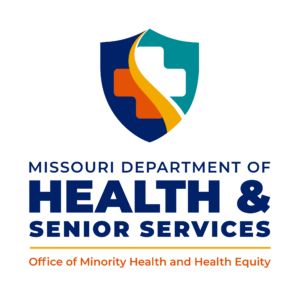December 30, 2025

Whitepaper: Why Henry Ford Health Centralized Clinical Asset Management – and What Happened Next
In 2024, Henry Ford Health expanded its network, prompting a strategic overhaul of its healthcare technology management (HTM) practices. Partnering with TRIMEDX, Henry Ford Health implemented a standardized and transparent approach to clinical asset management, encompassing clinical engineering, capital planning, and cybersecurity. The success of this transition was rooted in thoughtful change management, strong communication, and alignment with Henry Ford Health’s organizational values.
By centralizing inventory oversight, streamlining technician workflows, and enhancing visibility into asset performance, Henry Ford Health improved operational efficiency, financial decision-making, and staff retention—laying the foundation for long-term resilience and growth.
- Identify common challenges healthcare organizations face when implementing new solutions and the potential consequences.
- Understand how healthcare technology management (HTM) services play an integral role in clinical operational efficiency, capital resource management, and cybersecurity.
- Describe the characteristics of a successful implementation for a technology-driven and labor-intensive service like clinical asset management.
Click Here to Download Whitepaper





